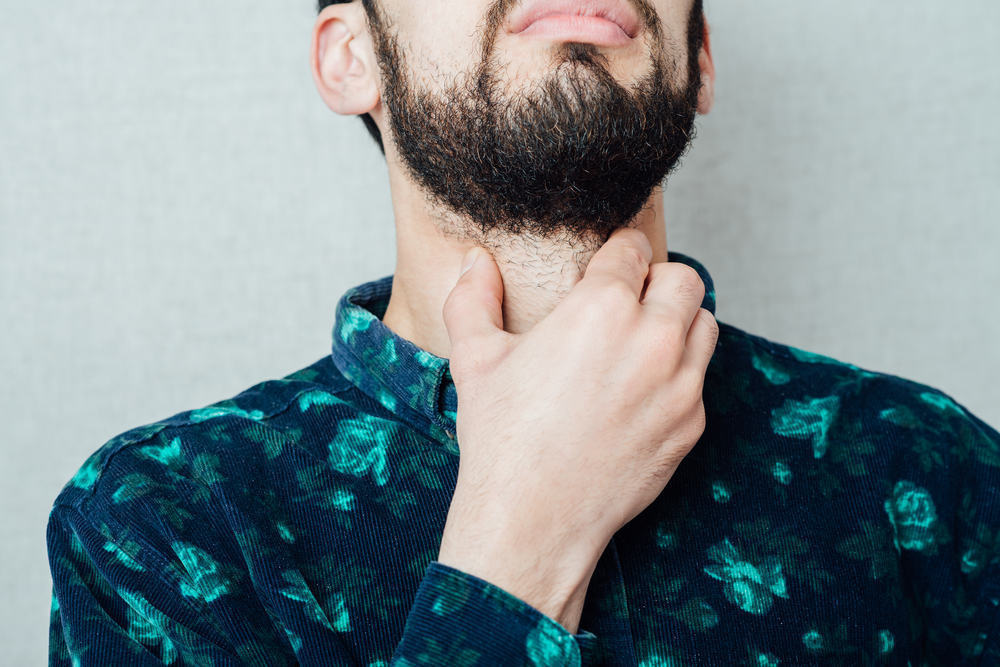Contents:
- Don't underestimate typhus in children
- Then, when do typhoid vaccines for children need to be given?
- How effective is the typhoid vaccine in preventing typhus?
- Are there side effects from typhoid vaccine?
Typhoid (typhoid) or typhoid fever affects more than 21 million people each year and 200,000 people die from this disease, quoted from Web MD. Therefore, this disease cannot be underestimated, especially when attacking children. Because the immune system of children tends to be weak and not as strong as adults. Even so, giving typhoid vaccines for children can be one way to prevent this disease. So, when can this vaccine be given to children?
Don't underestimate typhus in children
Typhoid or typhoid fever is an acute infectious disease accompanied by fever caused by the bacterium Salmonella typhi. These bacteria usually attach to food or drinks consumed, or spread from people infected with typhoid.
Basically, typhoid symptoms in children are not much different from those usually experienced by adults. The most common sign of typhoid in children that you should be aware of, namely when the child has a high fever which usually will last up to two to three weeks. Headaches, excessive fatigue, body shivering, and diarrhea can accompany typhus that attacks the child.
If typhoid still occurs until entering the third week, usually the child will start showing signs of delirium and difficulty concentrating. If it has entered this stage, the sign of typhus in children has entered a critical stage and must be addressed immediately. Handling late can cause typhoid symptoms to get worse or even complications.
Typhoid causes are caused by bacteria, so it can attack anyone who does not maintain good hygiene. The easiest method of prevention is to maintain personal hygiene and food. Typhoid vaccine can also be an option in preventing typhoid.
Then, when do typhoid vaccines for children need to be given?
Well, because typhoid disease can trigger serious complications, proper prevention is needed. One of them is by doing typhoid vaccine.
According to the recommendations of the Indonesian Pediatrician Association (IDAI), typhoid vaccines should be given to children over the age of two years and then repeated every 3 years.
It is important for you to remember that although vaccines work in preventing disease infections, vaccine work is not always 100 percent effective, including typhoid vaccines. So, still you have to make sure that your little one's personal hygiene and food are maintained so as not to be exposed to the bacteria that causes typhoid fever.
How effective is the typhoid vaccine in preventing typhus?
According to the Centers for Disease Control and Prevention (CDC), the percentage of success of vaccines given to children can vary by 90-100 percent depending on the condition.
Even so, when a child has got a typhoid vaccine, then he develops typhoid fever later on, his symptoms will be lighter than other children who have not received a typhoid vaccine.
Are there side effects from typhoid vaccine?
Generally, the side effects caused after the vaccine is given are not too serious. But this certainly can vary depending on the response of each body. Even so, this vaccine is safe to give to your little one. If you are in doubt, you should consult your doctor first if your child needs this vaccine or not.
Side effects that can occur in children after getting typhoid fever are fever, headache, and redness appears in the area of the skin injected with the vaccine.












